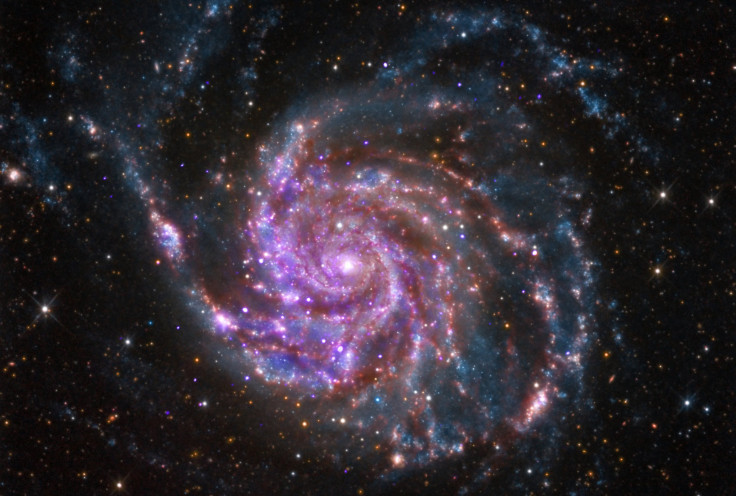Expansion Of Universe May Not Be Quite As Fast As Previously Thought

A team of astronomers has discovered that a certain type of supernovae, or exploding stars, which are commonly used to measure the depths of the universe may not be accurate enough to gauge how fast the cosmos has been expanding since the Big Bang.
In a study, published in the Astrophysical Journal last week, the astronomers said that type Ia supernovae are not a reliable means of measuring the universe’s expansion because they are more diverse than previously thought. The latest findings hint that the acceleration of the expansion of the universe might be slower than what astronomers have believed so far.
“There are different populations out there, and they have not been recognized. The big assumption has been that as you go from near to far, type Ia supernovae are the same. That doesn't appear to be the case,” Peter A. Milne, an astronomer at the University of Arizona and the study’s lead author, said in a statement.
As part of the study, the astronomers compared optical and ultraviolet images of Ia supernovae provided by NASA’s Hubble Space Telescope and Swift satellite, and found that older and farther exploding stars do not behave in the same way as newer ones closer to the sun do -- a discovery that indicates that ancient supernovae are not as distant as textbooks say.
“The realization that there were two groups of type Ia supernovae started with Swift data,” Milne said, in the statement. “Since nobody realized that before, all these supernovae were thrown in the same barrel. But if you were to look at 10 of them nearby, those 10 are going to be redder on average than a sample of 10 faraway supernovae.”
According to astronomers, color differences between the two groups of supernovae can help explain only some of the reported acceleration of the universe’s expansion, which would require less dark energy than currently assumed.
“We're proposing that our data suggest there might be less dark energy than textbook knowledge, but we can't put a number on it,” Milne said, adding that more research is required to better understand how the universe has evolved since the Big Bang.
© Copyright IBTimes 2024. All rights reserved.






















